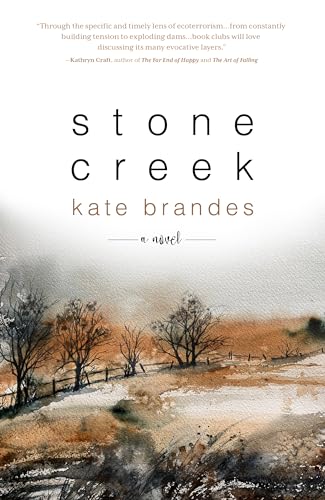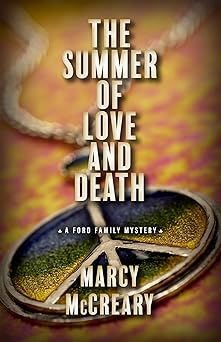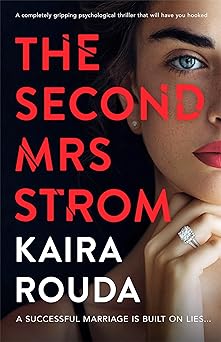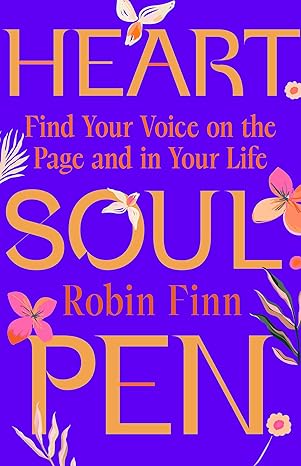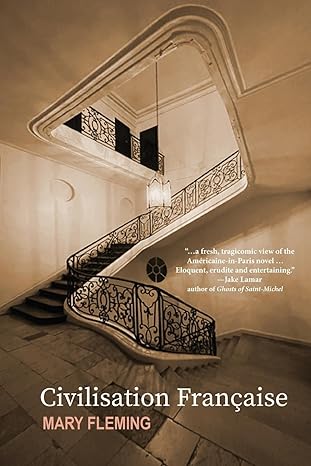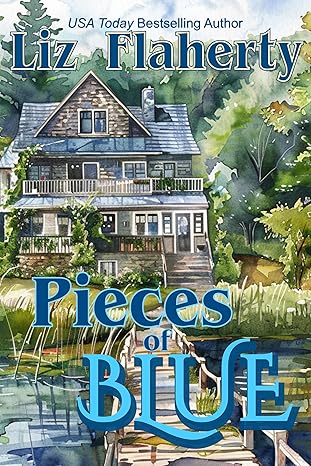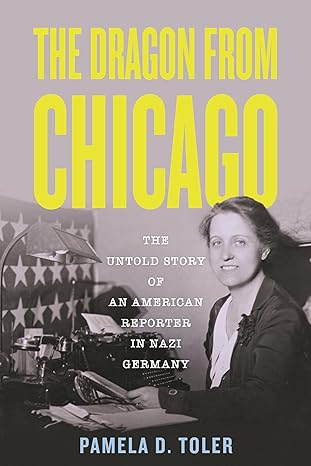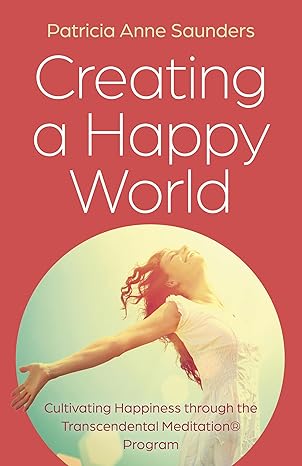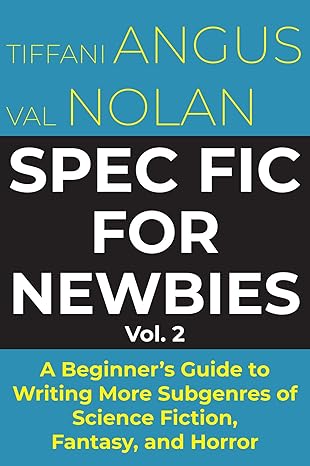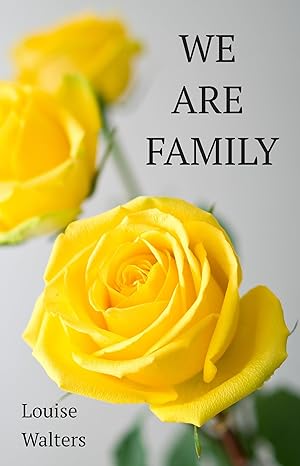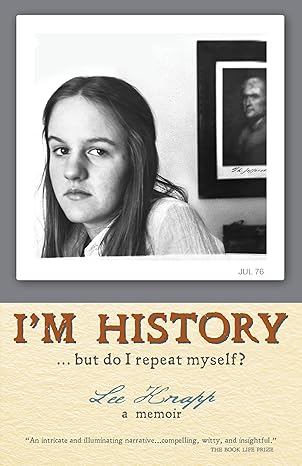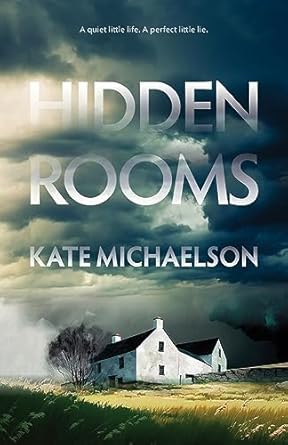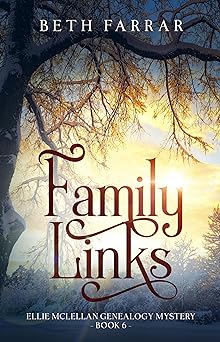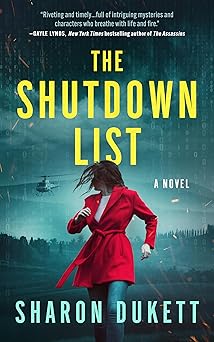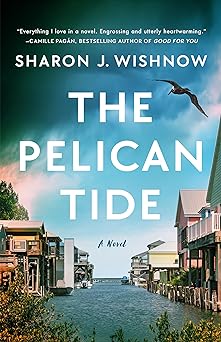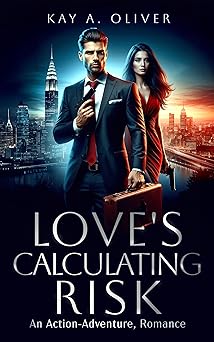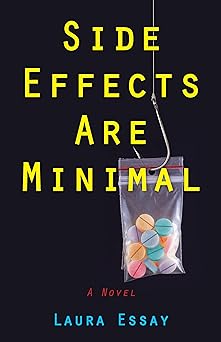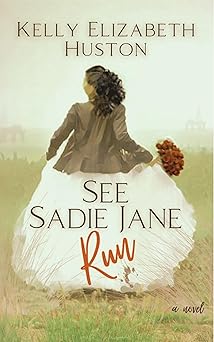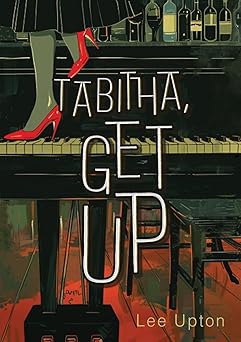The Story Behind Gill Thompson’s Debut Novel: The Oceans Between Us
 I wasn’t expecting the phone conversation to be easy. The voice at the other end was ten thousand miles away. And it belonged to an eighty-six-year-old woman. I anticipated static… mumbling… confusion. But when the call came, the speaker could have been next door. And there was nothing confused about Joan Thorpe. She remembered the events she was telling me about as though they happened yesterday. Instead of over sixty years ago.
I wasn’t expecting the phone conversation to be easy. The voice at the other end was ten thousand miles away. And it belonged to an eighty-six-year-old woman. I anticipated static… mumbling… confusion. But when the call came, the speaker could have been next door. And there was nothing confused about Joan Thorpe. She remembered the events she was telling me about as though they happened yesterday. Instead of over sixty years ago.
I met my next interviewee face to face. Michael Tubbs was the Australian relative of a colleague, over in England for Christmas. The one condition of him talking to me was that I brought along a bottle of Penfolds red wine, which he proceeded to drink for the duration of the interview. By the time we had finished, only the dregs were left. And I had three hours’ worth of fascinating material to transcribe.
Unlike Joan and Michael, Pauline Montgomery was English born and bred. She’d grown up in Croydon in the early 1930’s and remembered the war years with impressive clarity. So too did Betty Tredinnick who had lived in Mitcham during the Blitz (and survived in spite of her shopkeeper father keeping his stock of fireworks under her bed!)
Thanks to my small army of octogenarians I was gradually putting the pieces of the jigsaw together. The story that was emerging was powerful and poignant. And, as my advisors could testify, it had really happened.
Henry James describes the origin of a story as having a, ‘…needle-like quality, the power to penetrate as finely as possible.’ For me this punctum had occurred two years previously: Wednesday 24th February 2010 to be precise. That was when Gordon Brown made his apology to the former child migrants to Australia and I’d happened to catch it on the lunchtime news.
James would have labeled my experience, ‘…a single small seed, a seed as minute and windblown as ..[a]…casual hint…a mere floating particle.’ I had been vaguely looking for an idea for a novel but up until then had lacked inspiration. When I heard the then Prime Minister’s speech that late winter day, I knew I had found it.
Britain had a long history of ‘exporting’ human stock to Australia. It began in the eighteenth century, when the first penal colonies were established, and ended in the late 1960’s when the changing social attitudes of a more enlightened age finally ended it. It is estimated that one hundred and fifty thousand children were sent to Australia in total, around ten thousand since 1947. Britain is one of the few countries in the world to export its young in this way.
I was shocked to hear that the children were told their parents were dead when many were in fact still alive. It took forty-three years for the apologies to come (Kevin Rudd, Australian Prime Minister at the time had also made a speech at Parliament House, Canberra in November 2009). As one ex migrant declared to Margaret Humphreys, the Nottinghamshire Social worker who did so much to reunite parents and children, ‘We knew you’d come. I knew that some day, somebody would come and ask about us. What took you so long?’
I wrote to the Child Migrant Trust, explaining my intention to write a novel based on these events and they replied supportively, although regretting that they could not help me in my research as all their efforts were concentrated on working with ex child migrants. Nevertheless I felt I had their blessing.
Since Humphrey’s discovery, there has been a plethora of non-fiction books investigating the child migrant scandal, in Australia and elsewhere. I knew that a novel, if I could do it justice, had huge potential to create empathy for those children.
I read widely: books, newspaper reports, online articles, and started to catalogue my findings. Far from becoming hardened to the story, my sense of sympathy grew. But I was conscious that many of the people involved were still alive and I wanted to speak to them personally. I began to put adverts in Australian newsletters and had a correspondence with a journalist at the Western Australian who sent me some useful articles. An advertisement in The Network, a newsletter for ex inhabitants of Bindoon, Western Australia, and other children’s homes, took me to Joan Thorpe who had accompanied the first ship out to Australia after the war. Michael Tubbs had gone across later, as a young offender, and ironically ended up as an Australian lawyer. I read Laurie Humphrey’s book, A Chip off What Block and although he sadly died before I could meet him, I have corresponded with his widow.
‘Meeting’ these people – either actually or virtually – was a thrilling breakthrough. But it came with big responsibilities. They had trusted me with their stories: I owed it to them to produce a faithful narrative. It was to take me another nine years until my novel, ‘The Oceans Between Us,’ was published. In that time. I took an M.A in Creative Writing and produced around eighty drafts of the manuscript.
Of course my book could never make up for those child migrants’ suffering, but I hope it plays a small part in a future that brings them justice.
—
My name is Gill Thompson. I have an M.A in Creative Writing from the University of Chichester, gaining a distinction for the extract from The Oceans Between Us which I submitted for my dissertation. The first three chapters of the novel were long listed for the Mslexia novel award 2015. The Oceans Between Us will be published by Headline on 21st March.
I have written many short stories including The Christmas Wish List which was published in Yours and The Six Ages of Woman which won the Flash Fiction prize at the University of Winchester’s Writing Festival. I was runner up in the Thresholds’ International Short Story competition for my essay on Katherine Mansfield. I am a regular contributor of articles on literary and linguistic topics to emag, and I have also had an article published in Running magazine.
I have a B.A (Hons) in English Language and Literature and I have taught this subject at A level for many years.
I live with my family in West Sussex, UK.
—
Find out more about Gill on her website
https://www.wordkindling.co.uk/
About THE OCEANS BETWEEN US
I nspired by heartrending real events, a mother fights to find her son and a child battles for survival in this riveting debut novel.
nspired by heartrending real events, a mother fights to find her son and a child battles for survival in this riveting debut novel.
For readers of Before We Were Yours by Lisa Wingate, Lilac Girls by Martha Hall Kelly, The Letter by Kathryn Hughes, and Remember Me by Lesley Pearse.
‘A warm-hearted tale of love, loss and indefatigable human spirit’ Kathryn Hughes
A woman is found wandering injured in London after an air raid. She remembers nothing of who she is. Only that she has lost something very precious.
As the little boy waits in the orphanage, he hopes his mother will return. But then he finds himself on board a ship bound for Australia, the promise of a golden life ahead, and wonders: how will she find him in a land across the oceans?
In Perth, a lonely wife takes in the orphaned child. But then she discovers the secret of his past. Should she keep quiet? Or tell the truth and risk losing the boy who has become her life?
This magnificent, moving novel, set in London and Australia, is testament to the strength of the human spirit and the enduring power of love.
Category: Contemporary Women Writers, On Writing




